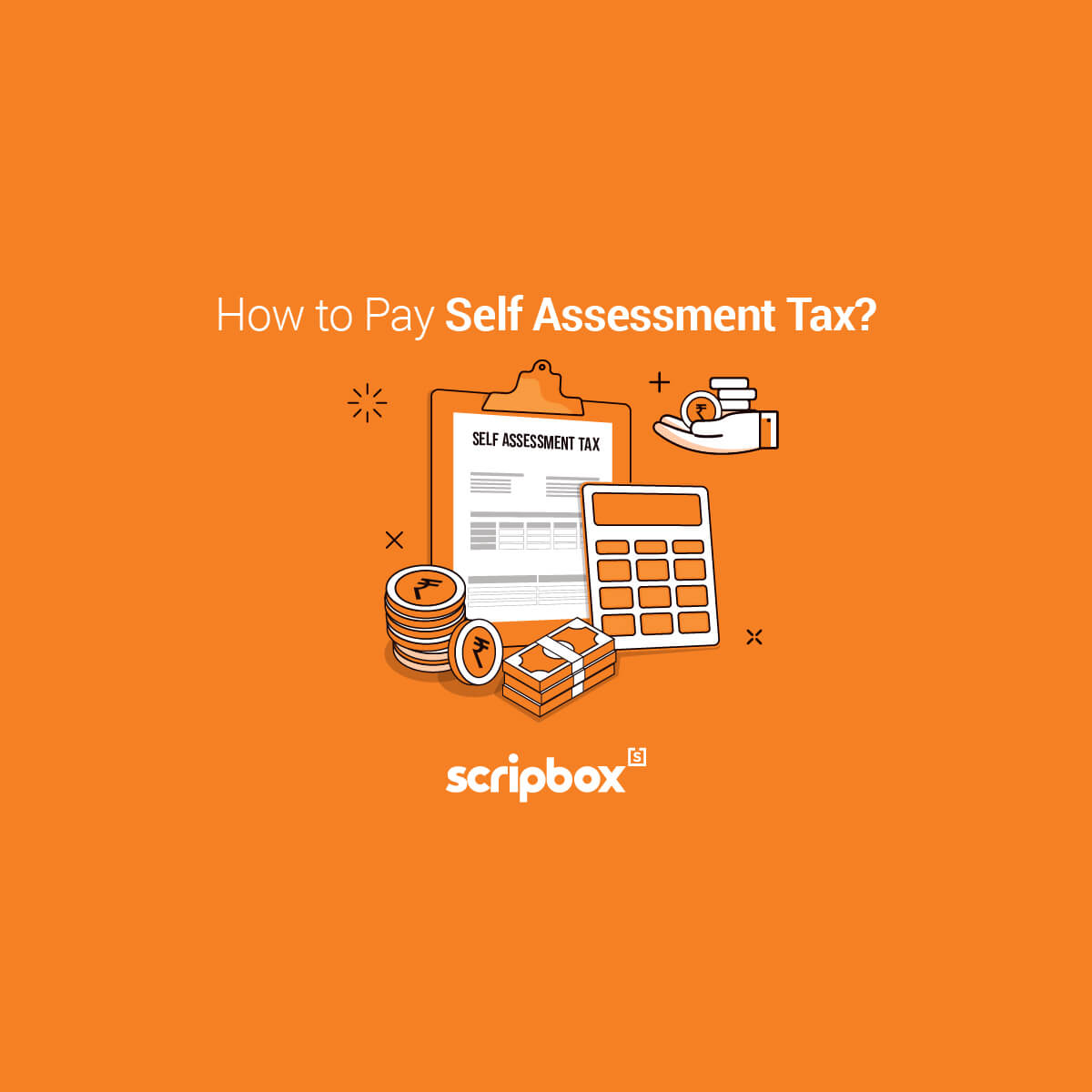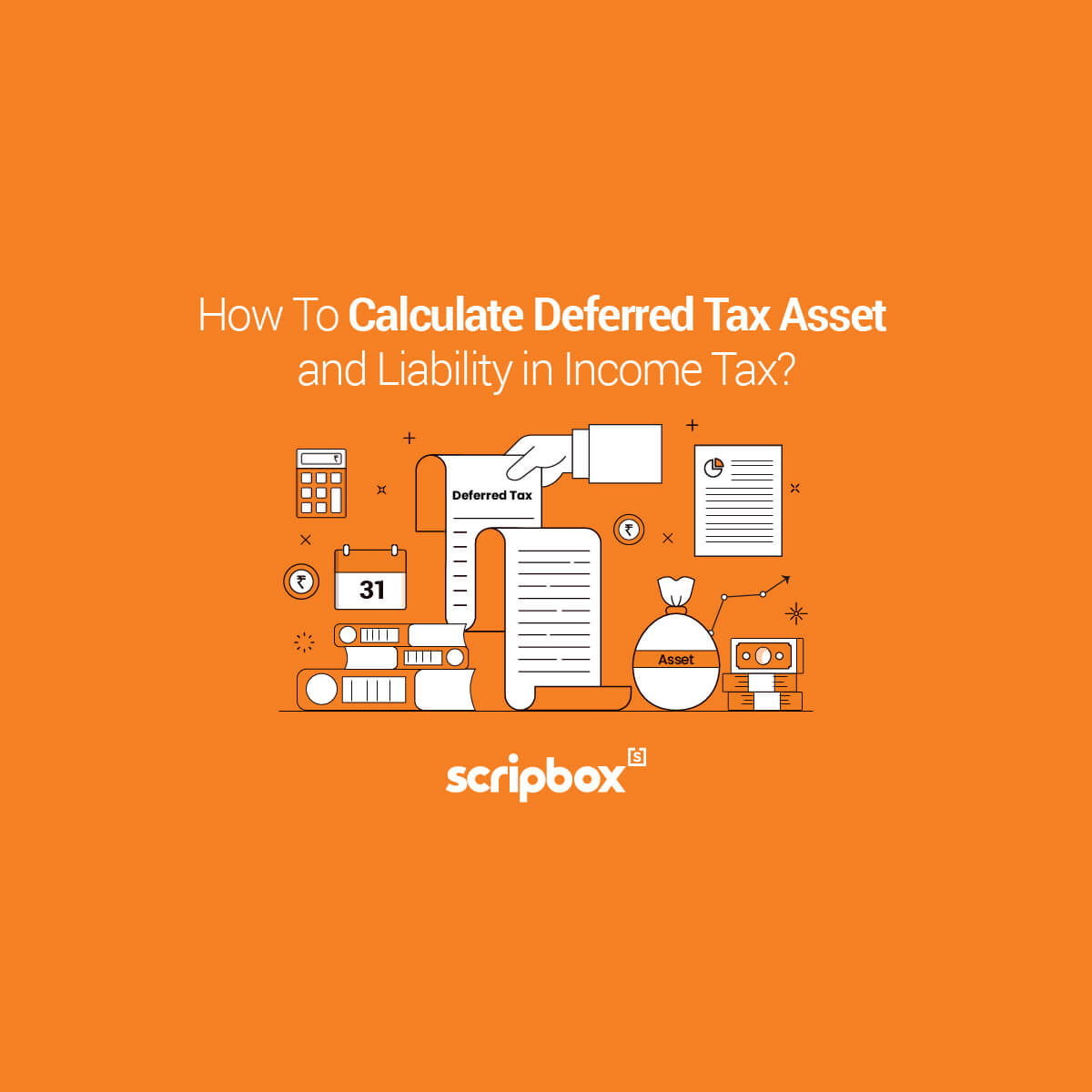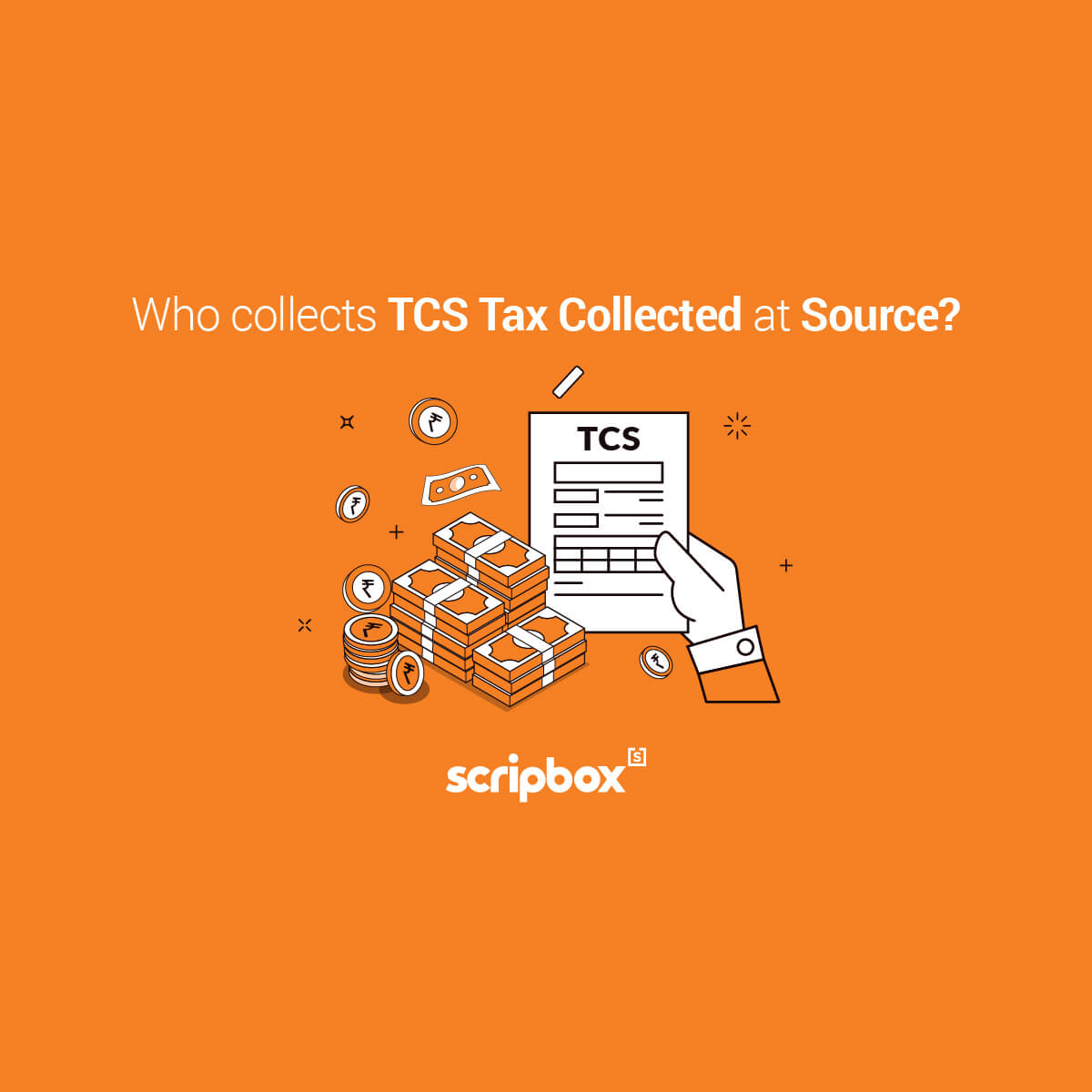Security Transaction Tax (STT) is a result of multiple tax evasions of capital gains tax. It was introduced to curb fraudulent transactions of tax evasion. The Government has announced STT in 2004 and was applicable from October 1st, 2004. Also, the rate of STT differs with the type of security purchased or sold. This tax is levied despite a profit or a loss on a transaction. In this article, we have covered in detail about Securities Transaction Tax.
What is securities transaction tax?
Securities Transaction Tax (STT) was introduced in the year 2004 to curb tax evasion of capital gains tax. This move by the Government is to ensure that the tax on financial market transactions is collected in a clean and efficient way. STT is levied on the purchase and sale of securities despite profit or a loss from a transaction.
Securities Transaction Tax (STT) is the tax levied on transactions on securities done on the listed stock exchanges in India. It is a tax on every purchase and sale of securities. The Securities Transaction Tax Act regulates Security Transaction Tax (STT). The Act has listed down the securities on which the STT will be leviable. The Act has also mentioned the person responsible for collecting and paying the tax. Furthermore, the value of the transaction on which STT will be levied. However, the STT rate will be decided by the Government from time to time.
The securities include equities, derivatives, equity funds, unlisted shares of IPO and offer for sale. Futures and options will have STT only on the sell side. Moreover, a listed stock exchange or the merchant broker or any prescribed person is responsible for collecting STT from the investors. They have to pay STT to the Government of India before the 7th of every month. There will be interest levied and penal consequences in the event of failure to collect and pay the taxes.
Securities liable for STT
The term ‘securities’ is not defined under the Securities Transaction Tax Act (STT Act). However, SST act allows borrowing the definition from the Income Tax Act, 1961 or Securities Contracts (Regulation) Act, 1956. The Securities Contracts (Regulation) Act defines the term ‘securities’ as follows:
- Shares, stocks, scrips, bonds, debenture stock, debentures or other marketable securities of any incorporated company or other body corporate or securities of a like nature.
- Derivatives
- Units or any other instruments issued by any collective investment schemes
- Securitized debt instruments
- Government securities that are equity nature
- Equity oriented mutual funds including Equity Linked Savings Scheme
- Rights or interest in securities
Therefore, the term securities include all of the above for the purpose of STT levy. Additionally, Securities Transaction Tax is levied only on the securities that trade on the stock exchange. All the off-market transactions do not fall under the purview of Security Transaction Tax STT.
Levy of Security Transaction Tax
A security transaction tax is levied on every purchase and sale of securities listed on a recognized stock exchange. The Government of India determines the STT rate. All stock market transactions involving equity and equity derivatives (options and futures) are liable for taxation under the STT Act. As soon as a purchase or a sale transaction is successful, the STT is charged. As a result, the STT increases the cost of the transaction.
How do you calculate securities transaction tax?
Ms Vidya is an active investor in the Indian equity markets. She purchases 1000 shares of ABC Ltd. Ms Vidya purchases the shares of ABC Ltd. at INR 50 per share and sells them at INR 70 per share. For intraday equity trading, the applicable STT is 0.025%.
Therefore,
SST = 0.025%*70*1000 = INR 17.50
On the other hand, the SST for futures and options is 0.01%. Here, Ms Vidya buys five lots of XYZ futures at INR 3000 and sells at INR 3050. The lot size is 100 shares.
Therefore,
SST = 0.01%*3050*5*100 = INR 152.50
Following are the taxable security transactions:
| Taxable security transactions | Rate of STT | The person responsible for paying STT | Value on which STT payable |
| Purchase of equity share | 0.10% | Purchaser | Price at which equity share is purchased* |
| Sale of an equity share | 0.10% | Seller | Price at which equity share is sold* |
| Sale of a unit of oriented mutual fund | 0.00% | Seller | Price at which unit is sold* |
| Sale of unit of equity oriented mutual funds or equity share in a recognized stock exchange otherwise than by transfer and intraday traded shares or actual delivery | 0.03% | Seller | Price at which equity shares or units are sold* |
| Derivative: sale of an option in securities | 0.02% | Seller | Option premium |
| Derivative: sale of an option in securities where the option is exercised | 0.13% | Purchaser | Settlement price |
| Sale of futures (derivatives) in securities | 0.01% | Seller | Price at which such futures is traded |
| Sale of a unit of an equity oriented fund (Exchange traded funds (ETFs)) to the Mutual Fund | 0.00% | Seller | Price at which unit is sold* |
| Sale of unlisted shares. This can be an offer for sale to the public (IPO) and such shares are subsequently listed in stock market exchanges | 0.20% | Seller | Price at which such shares are sold* |
explore our article on capital gain statement on mutual funds
STT on Physical Delivery of Derivatives
STT on physical delivery of derivatives transactions will be similar to STT on equity share transactions. This has been declared by the Central Board of Direct Taxes (CBDT) after a concern regarding the same has been raised in the Bombay High Court.
The settlements of derivatives contracts in India are through cash. This means there is no delivery of stocks; rather, both the parties will receive profits in terms of cash. Since it happens on the stock exchange security transaction tax of 0.001% is levied.
In 2018, a SEBI circular mentioned 46 stocks whose derivative transaction will be settled by way of physical delivery of shares against cash. The exchange treated them as equity transactions and levied 0.1% as STT. This is ten times higher than cash settlement transactions.
This concern was taken to the Bombay High Court by the Association of National Exchange Members of India (ANMI). A petition was raised against the stock exchanges by Association of National Exchange Members of India (ANMI).
The court requested the Central Board of Direct Taxes (CBDT) to suggest the same. The CBDT has said that the derivatives contract is settled by physical delivery of shares. Such transactions are to be treated similar to equity share transactions. The same rate of STT on equity transactions of 0.1% will apply to derivatives transactions too.
Recommended Read: Corporate Tax in India
Relevance of STT with Income Tax
Securities Transaction Tax (STT) is levied on all transactions done on the stock market despite the nature of the transactions. However, the treatment of STT tax for the purpose of Income tax varies with the nature of the transaction. There are two types of transactions in trading, one for the purpose of investment and others for the purpose of business.
If the purpose of trading is for investment, then the profits from this are treated as capital gains. The taxation for these gains will depend on the holding period of the investment. On the other hand, if the purpose of equity trading is to earn money for a business, then the income from this trading is treated separately and is taxed as per individual income tax slabs. The treatment of security transaction tax in each of the cases varies.
Income from Capital Gains from Investing
If salaried or self-employed individuals are trading in securities for the purpose of short term or long term investing, then the security transaction tax is levied on the transactions done. The gains arising out of these investments will be classified as short term and long term based on the holding period of the investment. Both short term capital gains and long term capital gains are subject to tax as per the rules. Any short term capital gain is taxable at 15% and the income tax slab rate for equity and debt securities (for investments made till 31st March 2023), respectively. A long term capital gain is subject to LTCG tax of 20% with indexation benefit for debt securities only for investments till March 31st 2023. The LTCG tax for equities is 10% if the gains are above INR 1 lakh.
For all investments in debt mutual funds from April 1st 2023, the capital gains are taxable as per the investor’s income tax slab rate.
Income from Trading as a Profession (Business Income)
If an individual or an entity is trading in securities to generate business income, then the gains and losses will be treated as business income. The security transaction tax is levied on the transitions done. The income arising from these transactions will be treated as business income and taxable as per income tax rules. One can claim the STT tax paid on the transactions as a deduction under Section 36 of The Income Tax Act while filing income tax returns. Here, STT tax becomes a business expense.
Frequently Asked Questions
No, Security Transaction Tax (STT) is not refundable. Moreover, Security Transaction Tax (STT) cannot be claimed as part of the acquisition cost, nor will it reduce the capital gains tax liability. The LTCG (long term capital gains tax) on equity is 10% (above Rs. 1 lakh), and STCG (short term capital gains) is 15%. However, it can be claimed as a business expense and other taxes and charges by the person (professional traders) who trade in mutual funds or shares or F&O.























Show comments